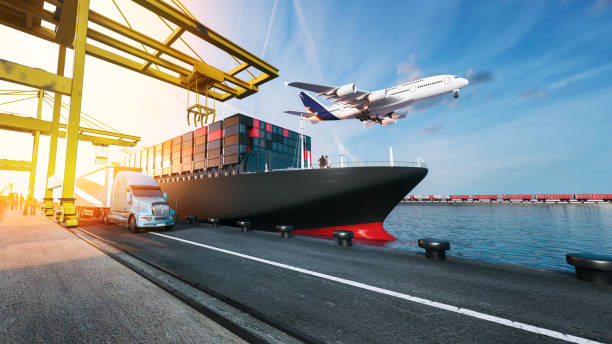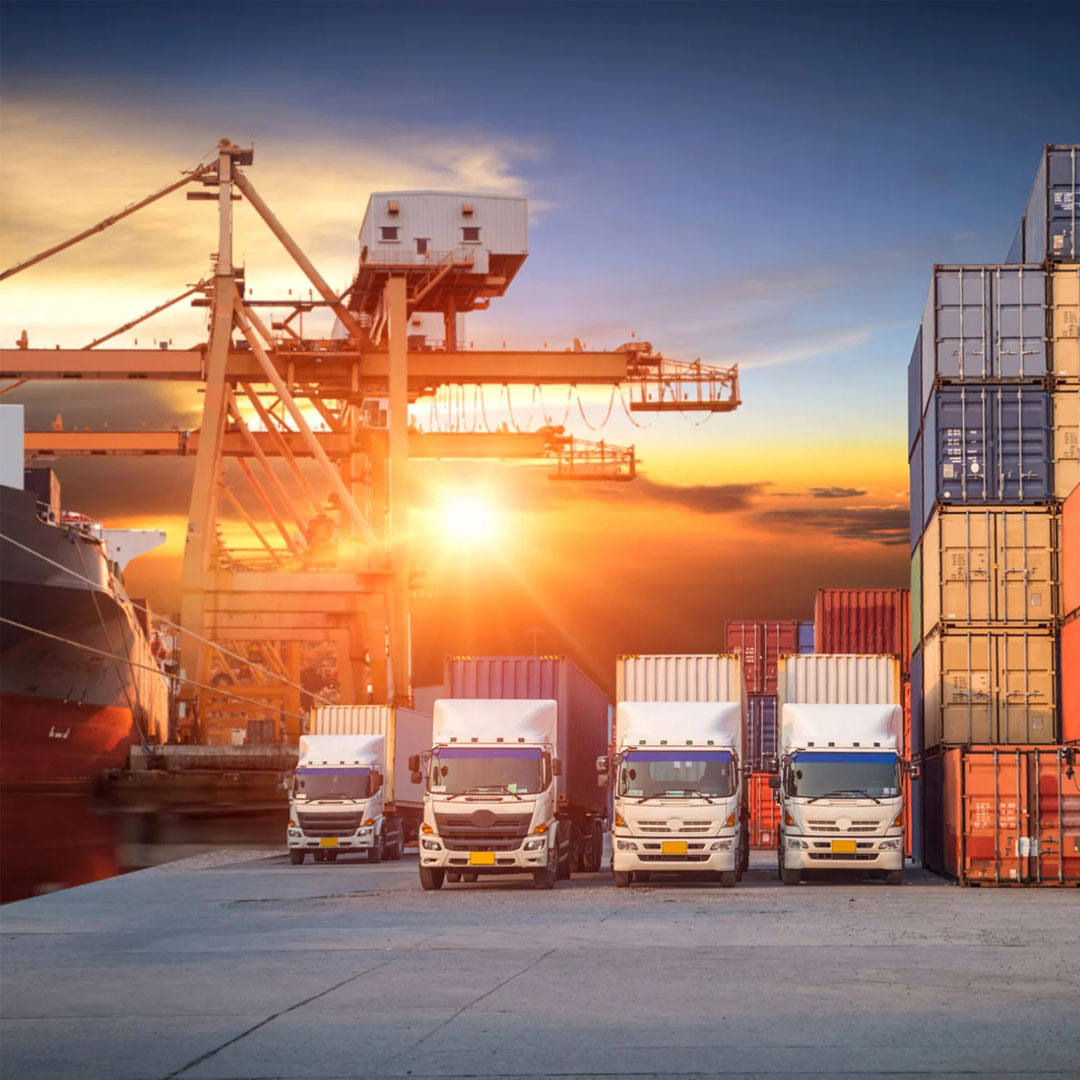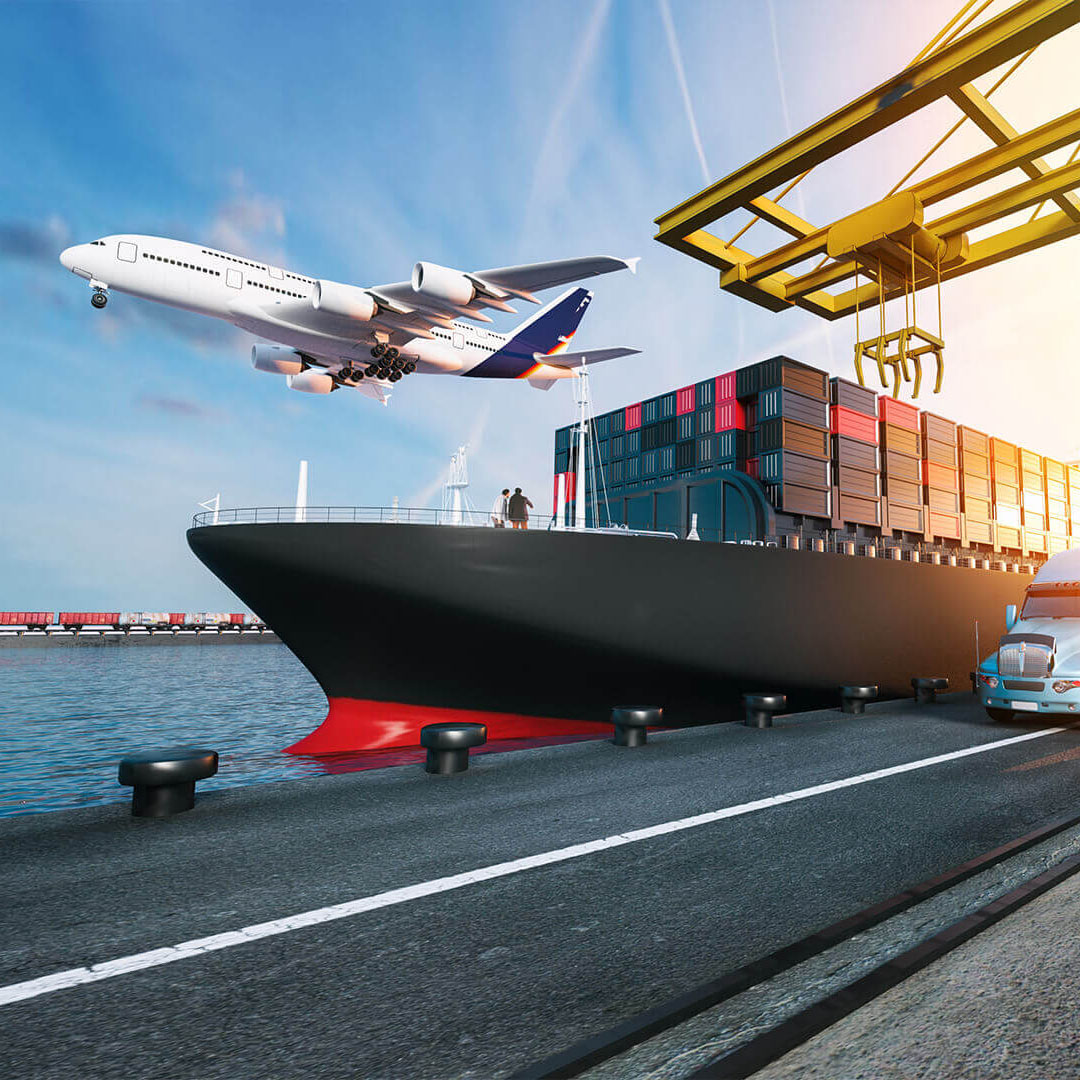In today’s interconnected world, businesses rely heavily on efficient logistics to move goods across borders. Freight forwarders play a pivotal role in streamlining these processes, acting as intermediaries between shippers and transportation services. They ensure goods are delivered seamlessly, whether by air, sea, or land. If you’re exploring options like sea freight to Singapore or cross-border trucking, understanding the role of freight forwarders is crucial.
What Is a Freight Forwarder?
A freight forwarder is a company or individual that organizes and manages the transportation of goods from one location to another. They act as logistics experts, handling everything from documentation to customs clearance and coordinating with carriers to ensure timely delivery. While they don’t typically own the transport vehicles, their extensive networks enable them to offer competitive rates and flexible solutions.
Core Services Provided by Freight Forwarders
Freight forwarders offer a wide range of services, tailored to meet specific shipping needs. These include:
1. Transportation Management
Freight forwarders manage various modes of transportation, including air, sea, and land. For instance, businesses shipping large volumes of goods often opt for sea freight to Singapore due to its cost-effectiveness.
2. Customs Brokerage
Navigating customs regulations can be challenging. Freight forwarders handle the required documentation and ensure compliance with local and international trade laws, preventing delays and penalties.
3. Warehousing and Distribution
Many forwarders provide storage facilities and inventory management services. These are particularly useful for companies that need temporary storage before distribution.
4. Cross-Border Solutions
For businesses operating in Southeast Asia, services like cross border trucking between Malaysia and Singapore enable smooth transportation across neighboring countries, bridging gaps where direct sea or air routes may not be feasible.
5. Documentation Assistance
Freight forwarders prepare essential documents, including bills of lading, export declarations, and certificates of origin, ensuring compliance with trade regulations.
Benefits of Partnering with a Freight Forwarder
1. Cost Savings
Freight forwarders leverage their relationships with carriers to negotiate competitive rates, whether you’re managing a shipment from China to Singapore or other international routes.
2. Time Efficiency
By outsourcing logistics to a forwarder, businesses save time on planning, documentation, and coordination. This allows companies to focus on core operations.
3. Expertise and Experience
Freight forwarders understand the complexities of global shipping, including customs regulations, tariffs, and trade agreements. Their expertise minimizes the risk of errors or delays.
4. Scalability
Whether your business is scaling up or entering new markets, a reliable freight forwarder service can adapt to your changing needs, offering flexible solutions.
Key Considerations When Choosing a Freight Forwarder
1. Experience in Your Industry
Look for a forwarder with experience handling shipments similar to yours. If you’re managing frequent shipments from China to Singapore, ensure they have a proven track record in this route.
2. Global Network
A strong international network is essential for managing shipments efficiently across borders. Verify the forwarder’s connections with carriers, customs agents, and local service providers.
3. Technology and Tracking
Real-time shipment tracking is a valuable feature that enhances transparency. Opt for forwarders that offer digital tools to monitor your cargo’s status.
4. Range of Services
Choose a forwarder that offers end-to-end logistics solutions, including warehousing, cross-border trucking, and multimodal transport.
Challenges in Freight Forwarding and How to Overcome Them
1. Regulatory Compliance
Non-compliance with trade regulations can lead to fines and delays. Partnering with a forwarder well-versed in customs laws ensures smooth operations.
2. Capacity Constraints
Peak seasons and unforeseen disruptions can cause capacity shortages. A reliable forwarder will have contingency plans and alternative solutions to mitigate risks.
3. Cost Fluctuations
Fuel prices, tariffs, and carrier rates can fluctuate, impacting shipping costs. Experienced forwarders help you navigate these changes and plan budgets effectively.
The Future of Freight Forwarding
As global trade evolves, so do logistics solutions. Trends shaping the industry include:
1. Sustainability
Many forwarders are adopting eco-friendly practices, such as optimizing routes and using energy-efficient transportation.
2. Technology Integration
Advancements in automation, artificial intelligence, and blockchain are enhancing supply chain transparency and efficiency.
3. Regional Collaboration
For businesses in Southeast Asia, regional partnerships and initiatives are simplifying cross-border logistics. Services like cross border trucking between Malaysia and Singapore are becoming more streamlined, reducing transit times and costs.
Conclusion
Freight forwarders are indispensable in today’s globalized economy, offering a wide range of services to streamline logistics operations. Whether you’re handling sea freight to Singapore, cross-border trucking, or shipments from other countries, choosing the right partner can significantly impact your supply chain’s efficiency.







